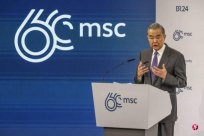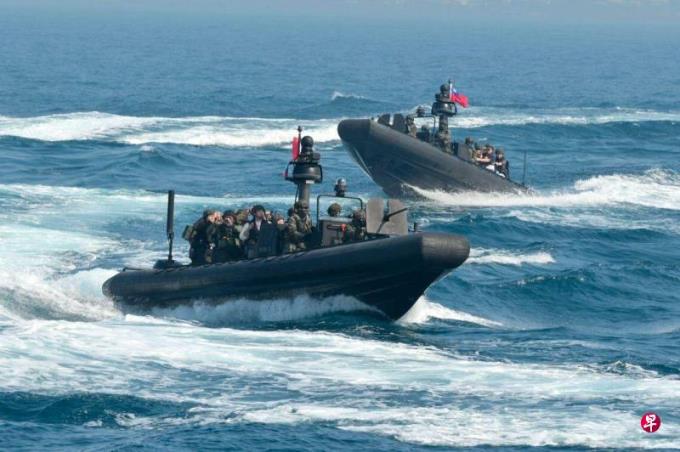
Although China and the United States seem to have reached a consensus consensus on the Taiwan Strait, the scholars in the interviewees believe that Beijing will still have various "scripts" and in response to the political tsunami that may be caused by the US election in November.In this year, in terms of Taiwan's policy, mainland China may start discussions related to Taiwan -related legislation, and it will also lock the Taiwan Legislative Yuan as the goal of promoting exchanges to restrict the DPP.
Sino -US relations tend to ease in the second half of last year, but early this year, the Taiwan election still affects the situation in the Taiwan Strait.Washington's time on the issue of Taiwan's issue in the past few times will focus on the statement that does not support Taiwan independence.REL = NOFOLLOW TARGET = _blank> Show intentionally cooling down the situation of the Taiwan Strait .
After the DPP presidential President Lai Qingde, who claimed to be "pragmatic Taiwan independence workers", wins on January 13, when the US president Biden was asked what he thought about this result, "the United States does not support Taiwan's independence of independence in the United States."" ".
Two weeks later, Wang Yi, director of the Office of the CPC Central Committee and Minister of Foreign Affairs, held a two -day talks with the US National Security Consultant Sarawan on January 26 in Bangkok, Thailand.During the meeting, Wang Yi asked the United States, ; and senior White House officials revealed after the meeting that Salvin also reiterated that the unique position did not support Taiwan in the meeting.
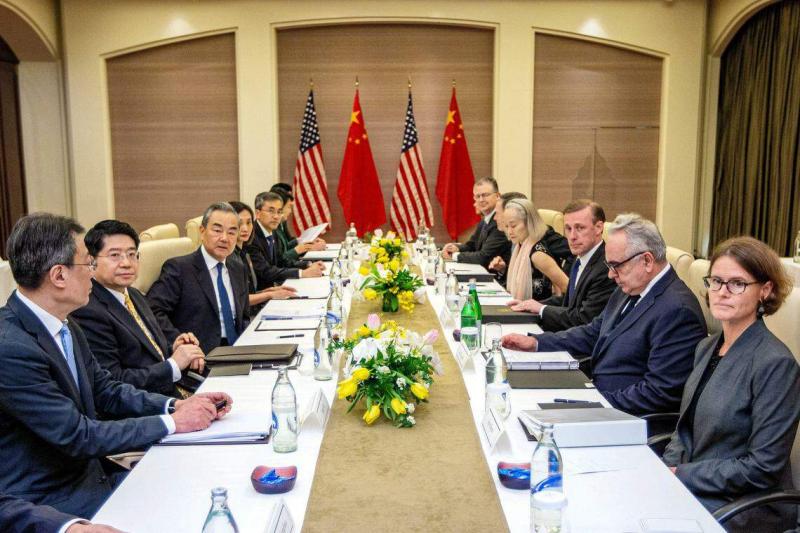
After that, analysis generally believes that China and the United States have reached at least the consensus of control in Taiwan; more opinions believe that China and the United States will "co -control Taiwan independence".
For the overall situation of the Taiwan Strait, Wang Xinxian, a special professor of the East Asia Research Institute of Taiwan Politburo, analyzed in an interview with the United Zard that the Bayeng government should try to avoid the major issues of the November presidential election due to the tension situation of the cross -strait on the two sides of the strait;From the perspective of Beijing, the focus of work at this stage is anti -independence and anti -overseas intervention, and all kinds of "scripts" are prepared to respond to the results of the US election.
Wang Xinxian pointed out that the reason why the Taiwan Strait is described as "the most dangerous region in the world" is because Taiwan is in the most outpost in strategic competition between China and the United States;Taiwan Strait Risk.
But he emphasized that It is just controlled by military risks.
Ni Yongjie, director of the Shanghai Taiwan Institute, also mentioned in an interview that the Bayeng government hopes to show the ability to control the risk of the sea of Taiwan in order to establish the Chinese and American guardrails for the end of the year's election.
But he believes that China will continue to ask the United States to implement the does not support Taiwan independence commitments, including stopping armed Taiwan, etc., so that it can be more effective to control the risk of Taiwan's sea.
Trump is elected to the situation that may impact the Taiwan Strait
Both interviewees agreed that the biggest challenge facing the situation in the Taiwan Strait will be the US election in November.
Ni Yongjie believes that From the high wind and waves to the political tsunami; Wang Xinxian said that Trump will inevitably use the Taiwanese card to the limit, forcing Beijing and Taipei to pay a greater cost and cost.
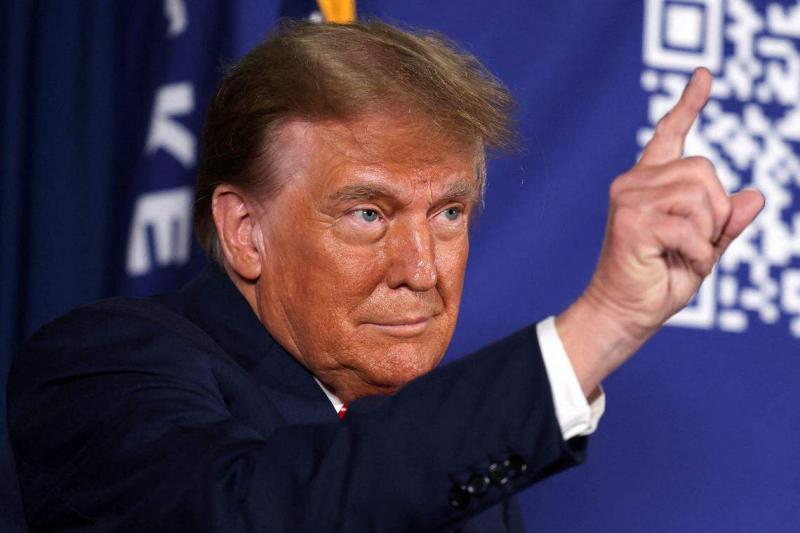
Scholars: Mainland China legislature will include promotion, anti -independence and promotion
China will hold the annual two sessions (National People's Congress and CPPCC Conference) in early March to announce the focus of this year.However, the Chinese Communist Party has not held a central Taiwan work meeting this year, and Beijing's policy trends in Taiwan in the next year have also attracted more attention.
In this regard, Ni Yongjie believes that the mainland's policy on Taiwan will still focus on the division of anti -Taiwan independence and anti -external forces this year.
Since 2025 coincides with the 20th anniversary of the launch of the anti -split national law, Ni Yongjie believes that at this stage, there should be more detailed legal norms for how to define Taiwan independence, how to oppose the division of Taiwan independence, and the interference of external forces.The people and political groups both shoulders the legal responsibility of defending the integrity of national sovereignty, opposing the division of Taiwan independence and interference in external forces. "
As for whether the relevant legislation will be included in the agenda of the National People's Congress of China this year, Ni Yongjie analyzes that this is not possible. It is necessary to prepare. I believe that many scholars are also thinking.
Wang Xinxian studied and judged that the mainland should include three levels of legislation against Taiwan, including promoting, anti -independence, and promoting melting.
He believes that Beijing is likely to incorporate the overall strategy of solving the Taiwan problem in the new era into the new law, forming an anti -split national law with "Chinese official characteristics".
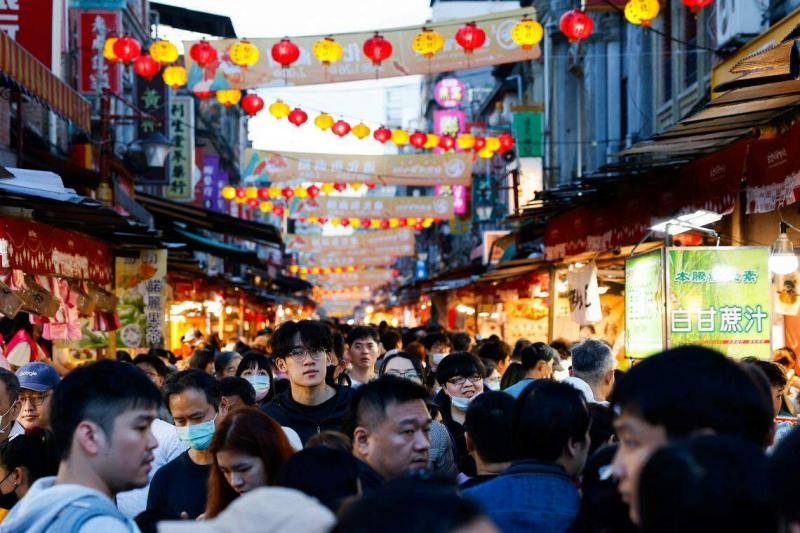 />
/>
In addition, Wang Xinxian also mentioned that Wang Yifu, the president of the Taiwan Research Association of China, wrote an article at the end of last year that the preliminary work of launching the legislation of the rights and interests of Taiwan compatriots in a timely manner is likely to represent the future of promoting the promotion of legislation in the future.
Ni Yongjie said that this year includes In the eastern coastal provinces and municipalities in Fujian, the Cross-Strait Integration Development Demonstration Zone The work will become more and more strong, and the mainland will continue to vigorously promote cross -strait exchanges and enhance cross -strait personnel interaction.
He believes that the policy situation of Beijing will see the Taiwan Bay policy, and proposes certain measures to adjust the investment in Luke, Lu Sheng to Taiwan, and mainland funds to invest in Taiwan, and strengthen contact with the young generation of Taiwan.
Analysis: Beijing will think about the United Front People's Party
Ni Yongjie also believes that Beijing will continue to increase political forces with Taiwan's recognition of the 1992 consensus and support the peaceful development of cross -strait relations.Leading, therefore, the communication of public opinion agencies may also be done. "
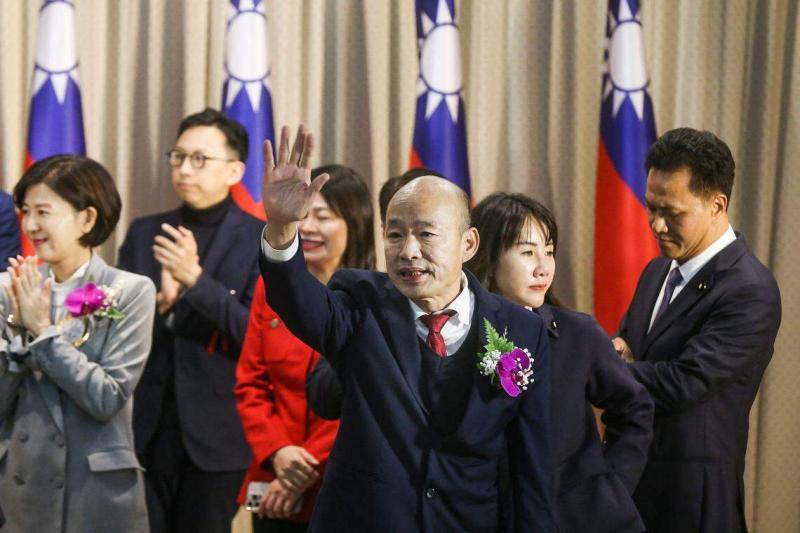
But he admits that Beijing will not have much expectations for the Legislative Yuan controlled by the Kuomintang. On the one hand, it is because the administrative power and political resources are still in the hands of the Democratic Progressive Party.The mainland policy, including the position of unity, 1992 consensus, and the principles of the first Central China, may also retreat, which is also continuously observed by Beijing.
Wang Xinxian believes that compared with the Graduate Basic Lost of the Kuomintang, The people who are widely supported by young people are expected to grow year by year as the first voting family (20 years old complies with voting qualifications).Therefore, how to conduct a united front of the people's party believes that it will be a key issue in Beijing's next thinking.

